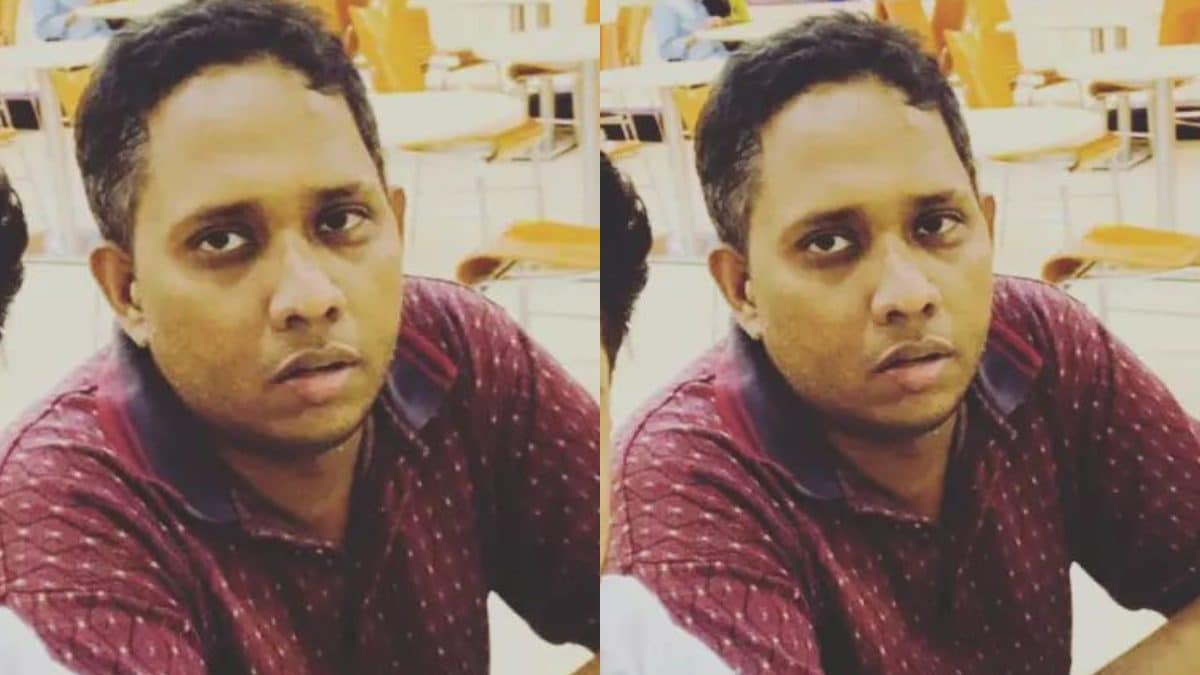The Malayalam film industry has been embroiled in a series of allegations of sexual assault and harassment, with the MeToo movement gaining momentum following the release of the Justice Hema Committee Report. This recent wave of accusations has shed light on the systemic issues of abuse and exploitation within the industry. The latest case, involving Kerala YouTuber Santhosh Varkey, known as Arattannan, has taken a grim turn, raising serious concerns about the safety and vulnerability of individuals in the film industry.
A Transgender Makeup Artist’s Allegations
A transgender woman makeup artist has come forward with allegations of sexual assault against Arattannan and four others. The victim claims she was lured to her house under the pretense of being offered a role in a short film. However, the situation took a sinister turn when the writer, identified as Vineeth, arrived with his friends, including Arattannan. According to the victim, she was then sexually assaulted. The case highlights the exploitation and vulnerability that marginalized groups often face within the film industry, further underscoring the need for stricter safeguards and accountability mechanisms.
The FIR and the Charges
Based on the victim’s complaint, an FIR was registered against Arattannan, Vineeth, Alin Jose, Bright, and Abhilash Attayam. They have been charged under several sections of the Indian Penal Code, including Section 377 (unnatural offences), Section 506 (criminal intimidation), Section 511 (attempting to commit offences punishable with imprisonment for life or other imprisonment), and Section 34 (acts done by several persons in furtherance of common intention). They have also been charged under Section 18(d) of the Transgender Persons (Protection of Rights) Act, 2019, which specifically addresses offences against the safety and well-being of transgender individuals.
The Investigation and the MeToo Movement in Mollywood
The police are currently investigating the case and have not made any arrests. This incident is just the latest in a string of cases that have come to light in the wake of the Justice Hema Committee Report. The report exposed a culture of sexual harassment and exploitation in the Malayalam film industry, prompting numerous actresses and other individuals to come forward with their own accounts of abuse. These cases have led to calls for reform and accountability, with a growing demand for systemic change to address the deep-rooted problems within the industry.
The Need for Action
The MeToo movement in Mollywood is a significant moment of reckoning. It forces the industry to confront the uncomfortable reality of systemic abuse and exploitation. It is crucial that the industry responds with meaningful action to protect individuals and create a safer and more equitable environment for all. The case against Arattannan serves as a stark reminder that abuse and exploitation can occur anywhere, regardless of status or power dynamics.
Systemic Issues in the Film Industry
The recent wave of accusations in Mollywood highlights the systemic issues that plague the industry, making it susceptible to abuse and exploitation. These issues stem from:
Power Imbalances
The power dynamic within the film industry often favors those in positions of authority. Producers, directors, and actors hold significant power, which can be used to exploit aspiring artists, especially those who are new to the industry and looking to make a name for themselves. This power imbalance can create an environment where abuse can go unchecked, as victims may be hesitant to speak out for fear of jeopardizing their careers.
Lack of Transparency and Accountability
There are often gaps in transparency and accountability within the industry, allowing individuals to operate with impunity. This lack of checks and balances creates an environment where harassment and abuse can thrive, further reinforcing the culture of silence and fear.
The Path Forward: Towards a Safer Industry
To create a safer and more equitable film industry, it is crucial to address the systemic issues and implement robust safeguards. This includes:
Building a Culture of Respect
Instituting robust training programs on gender sensitivity, consent, and harassment prevention for industry professionals. This can help create a culture of respect and understanding, making the film industry more welcoming and inclusive.
Enacting Stricter Regulations
The industry needs clear guidelines and protocols for reporting and investigating allegations of sexual harassment and abuse. These regulations must be enforced consistently, holding perpetrators accountable for their actions.
Establishing Independent Complaints Bodies
The establishment of independent complaint bodies with robust grievance redressal mechanisms can create a safe space for individuals to report abuse and exploitation without fear of retaliation.
Takeaway Points
The MeToo movement in Malayalam film industry is exposing deep-seated issues of power imbalance, lack of transparency, and a culture of silence. The allegations against Arattannan, and the many other cases surfacing, underline the urgency for systemic change. Addressing these issues will require a collective effort, involving industry stakeholders, policymakers, and the public at large. It is a long and challenging road, but one that must be undertaken to create a safe and equitable film industry for all.




